Institutional disassembly
Mr. Tran Anh Tuan, Director of the Hanoi Department of Science and Technology (KHCN) said: Implementing Resolution 57-NQ/TW and the Law on Science, Technology and Innovation, the Law on the Capital, there are a total of 6 draft resolutions that will remove bottlenecks in scientific research, innovation and startups.
Hanoi is drafting 6 resolutions: Detailing a number of specific policies for science and technology development and innovation in Hanoi; Regulating mechanisms and policies on investment and support for the development of the innovation ecosystem and creative startups in Hanoi; Regulating controlled testing activities in Hanoi (implementing Article 25 of the Capital Law); Approving the Project "Establishing the Hanoi Technology Exchange"; Approving the pilot project to establish the Hanoi Venture Investment Fund (implementing Article 36 of the Capital Law); Approving the Project to establish the Hanoi Innovation Center.
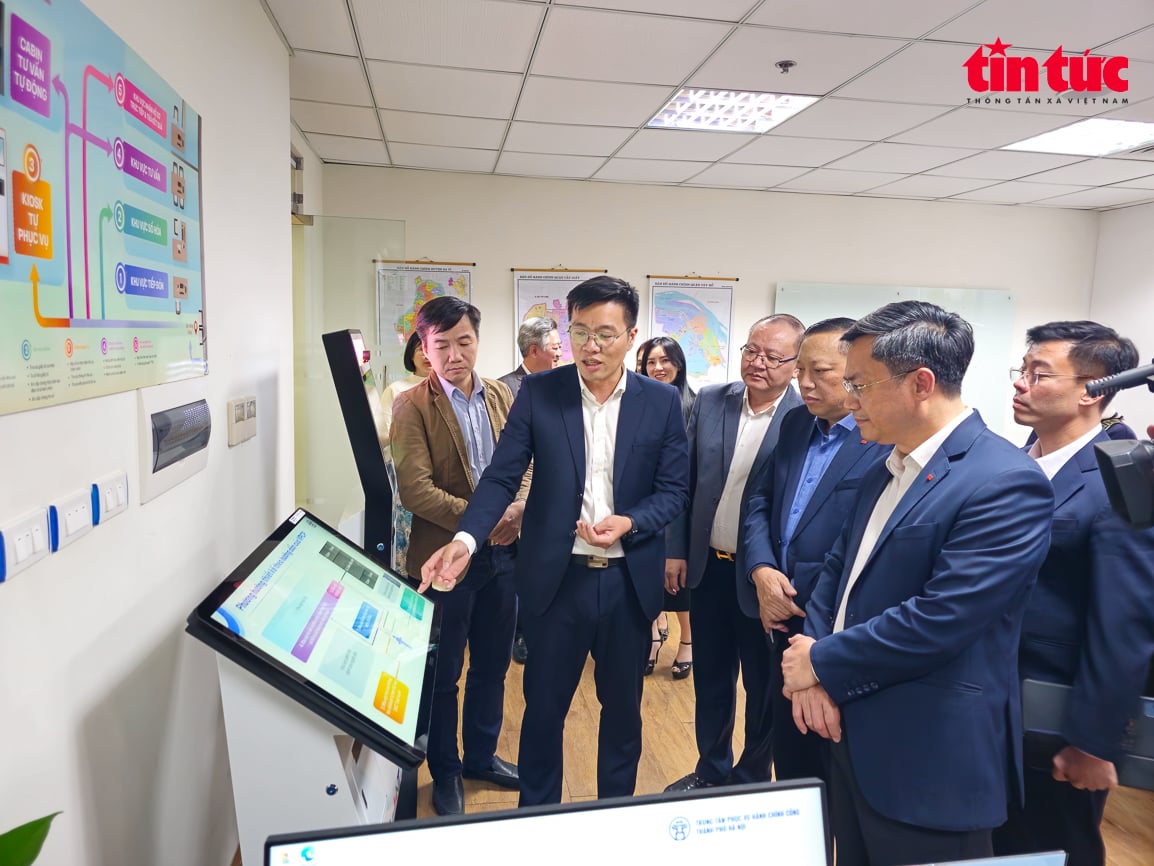
In the above 6 resolutions, there are 3 resolutions related to the establishment of specific organizations to apply science and technology to life.
According to Mr. Tran Anh Tuan, scientists who have conducted scientific research in Hanoi and the whole country have found it difficult to be bound by administrative procedures. For example, when conducting scientific research, they have to sign a contract to hire experts from unrelated parties to legalize the procedures; when taking samples for research and surveys, they have to legalize them with invoices...
“Similarly, the cooperation between the State – scientists – schools and businesses has been mentioned for about 30 years, but it is still loose and has not been put into practice. This causes many scientific research topics to not be applied in practice,” said Mr. Tran Anh Tuan.
Therefore, the highlight of the above resolutions is the first regulation of the budgeting mechanism for grassroots science and technology tasks, combined with a policy to attract talent and a flexible spending mechanism, helping to simplify procedures and increase management efficiency. At the same time, Hanoi proactively develops an innovation ecosystem through infrastructure investment, encourages public-private partnerships, supports businesses in technology transfer and creative startups in each development stage, without applying a hard ceiling.
In particular, the sandbox mechanism is an unprecedented policy, allowing businesses to test new products and services in a safe environment, overcoming legal gaps and enhancing competitiveness. In addition, the establishment of the Technology Exchange, Venture Capital Fund and Hanoi Innovation Center will create modern infrastructure, flexible capital and a space for convergence of knowledge - technology - finance, making Hanoi become the leading innovation center in the country and the region.
Associate Professor, Dr. Bui Thi An, Director of the Institute of Natural Resources, Environment and Community Development, President of the Hanoi Women Intellectuals Association, highly appreciated the fact that in a short period of time, the city directed to collect opinions to issue 6 resolutions at the same time to implement Resolution No. 57-NQ/TW and the Capital Law in the field of science and technology. That demonstrates the high political determination and initiative of Hanoi, not only stopping at absorbing the spirit of the Central Government, but also immediately concretizing it into its own mechanisms and policies, suitable to the conditions and the Capital Law. This is a step demonstrating the pioneering, proactive and decisive nature of Hanoi in turning "policies" into "practical actions".
According to Associate Professor Dr. Bui Thi An, the 6 resolutions cover many aspects: from specific mechanisms, venture capital funds, technology platforms, to controlled testing and support for the innovation ecosystem. This synchronization helps create a complete ecosystem, avoiding the situation of "policies that exist but are fragmented", thereby promoting efficiency from the beginning.
Prof. Dr. Nguyen Dinh Duc, University of Technology (Vietnam National University, Hanoi), emphasized that the right and appropriate institutions will create development momentum for the capital. The National Assembly's promulgation of the Law on the Capital (amended) is a great step forward, opening up many specific mechanisms for Hanoi; at the same time, combined with the amended Law on Science, Technology and Innovation, removing many barriers in administrative procedures and financial mechanisms will help create a breakthrough in researching new technologies, especially in applying them in practice.
Prof. Dr. Nguyen Dinh Duc gave an example: Previously, schools located in Hanoi requested Hanoi to support resources, but Hanoi leaders replied that there was no support mechanism. Hanoi only supported schools under the city's management. However, according to these resolutions, schools located in the area will receive resource support. This is a breakthrough if we mobilize the intellectual strength of hundreds of schools and research institutes in the area.
“Therefore, a good institution will be the foundation for the city to effectively implement the Central resolutions, including education and training and innovation. Thanks to the autonomous mechanism, the University of Technology can be proactive in deciding, paying salaries, awarding scholarships, creating a competitive academic environment, thereby developing every day. Institutions are extremely important, they must be accurate and correct to promote change,” said Prof. Dr. Nguyen Dinh Duc.
Directly related to the implementation of Resolution 57-NQ/TW, Prof. Dr. Nguyen Dinh Duc stated: Hanoi needs to give specific instructions so that communes and localities not only undergo digital transformation but also unleash their inherent potential to develop high technology. The city issues detailed instructions, creating close connections between facilities and universities in the digital transformation process, while bringing localities into the innovation ecosystem. Not only businesses and scientists but also communes must participate, only then can a synchronous change be created.
Clear the way for innovation with the sandbox mechanism
In the 6 draft resolutions, scientists and technology enterprises highly appreciated the sandbox mechanism that allows testing of new business models based on technology, applied within a certain time and space to control risks for both developers and users. Sandbox will be a bridge to create strong connections between researchers, businesses, the State and investors.
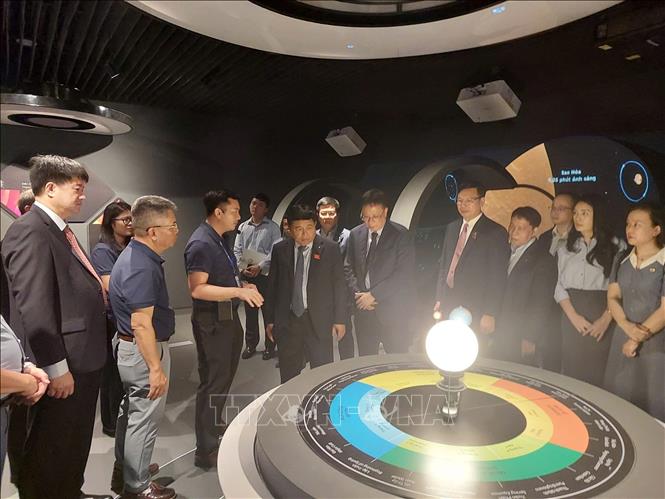
Regarding controlled testing activities, Mr. Nguyen Hoa Binh, Chairman of NextTech, said that the testing mechanism plays an important role in innovation, but the current approval process still has many layers, prolongs the time, and causes a loss of flexibility.
“The nature of innovation is fast. I propose that specialized agencies make decisions early, and stipulate a maximum approval time of 6 months. At the same time, we need to step up propaganda to attract domestic and foreign talents to test innovative ideas,” Mr. Nguyen Hoa Binh emphasized.
Hoa Lac High-Tech Park (HHTP) will be the place to deploy the pilot model. Mr. Tran Dac Trung, Deputy Head of HHTP Management Board, said that infrastructure, land, technology human resources and legal matters are ready. A number of enterprises in the High-Tech Park have proposed pilot projects and are just waiting for the mechanism to be approved to register. This not only shows the city's potential for applying new technology, but also reflects the readiness of enterprises to turn innovative ideas into reality, thereby creating positive impacts on the economy and society.
Analyzing how to design a sandbox to achieve effective implementation, Associate Professor Dr. Huynh Dang Chinh, Vice President of Hanoi University of Science and Technology, said that there are 3 factors that a sandbox needs to have: First is safety, not only ensuring the rights and peace of mind for users, but also for participating businesses and management agencies. This helps them to be immune to unforeseen risks, while creating a stable and reliable testing environment. Second is attractiveness, for example, having a financial mechanism sufficient to encourage businesses to participate. Third is efficiency, meaning that the sandbox's operations must be connected with technology exchanges, investment funds, businesses, corporations... so that good testing results can be quickly expanded.
Mr. Pham Duc Nghiem, Deputy Director of the Department of Startups and Technology Enterprises (Ministry of Science and Technology) said: In terms of scope, there are 6 resolutions, so they should be linked together and expressed in a comprehensive manner in the resolution of the City People's Council detailing a number of specific policies for the development of science, technology and innovation in Hanoi. The following resolutions will be specific to each specific field.
“For Hanoi, the most important thing is the policy of rewarding talents because without good personnel, it is difficult to implement projects. In addition, the standards of innovation support mechanisms need to be recalculated specifically. Project supervision is also implemented but through a technology platform. Accordingly, research progress and results are made public for management agencies and the community to monitor. Supervision should not be done in an administrative form, which will have the opposite effect and cause inhibition for scientists,” Mr. Pham Duc Nghiem suggested.
Source: https://baotintuc.vn/ha-noi/ha-noi-mo-duong-ung-dung-khoa-hoc-cong-nghe-phuc-vu-nguoi-dan-20250927174532408.htm


![[Photo] Many streets in Hanoi were flooded due to the effects of storm Bualoi](https://vphoto.vietnam.vn/thumb/1200x675/vietnam/resource/IMAGE/2025/9/29/18b658aa0fa2495c927ade4bbe0096df)
![[Photo] General Secretary To Lam chairs the meeting of the Central Steering Committee on preventing and combating corruption, waste and negativity](https://vphoto.vietnam.vn/thumb/1200x675/vietnam/resource/IMAGE/2025/9/29/fb2a8712315d4213a16322588c57b975)

![[Photo] General Secretary To Lam receives US Ambassador to Vietnam Marc Knapper](https://vphoto.vietnam.vn/thumb/1200x675/vietnam/resource/IMAGE/2025/9/29/c8fd0761aa184da7814aee57d87c49b3)
![[Photo] General Secretary To Lam attends the ceremony to celebrate the 80th anniversary of the post and telecommunications sector and the 66th anniversary of the science and technology sector.](https://vphoto.vietnam.vn/thumb/1200x675/vietnam/resource/IMAGE/2025/9/29/8e86b39b8fe44121a2b14a031f4cef46)
![[Photo] National Assembly Chairman Tran Thanh Man chairs the 8th Conference of full-time National Assembly deputies](https://vphoto.vietnam.vn/thumb/1200x675/vietnam/resource/IMAGE/2025/9/29/2c21459bc38d44ffaacd679ab9a0477c)


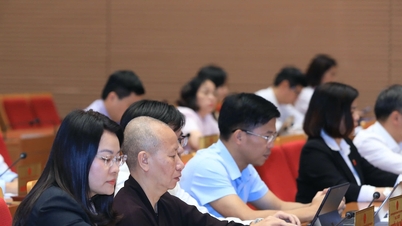

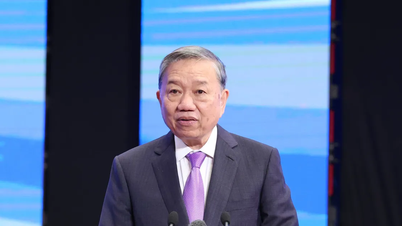





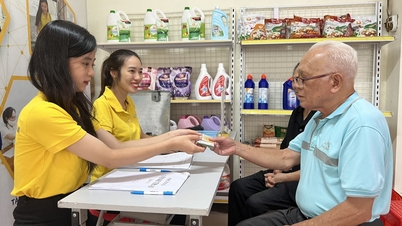
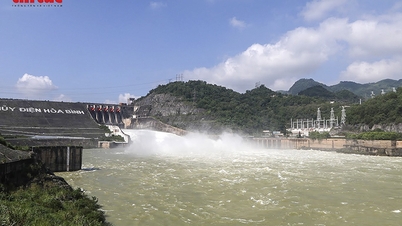
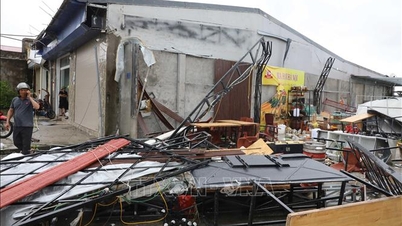

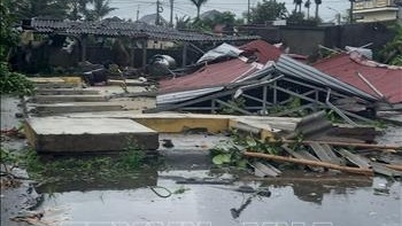
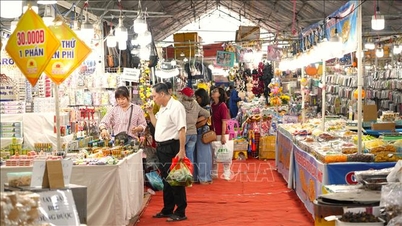





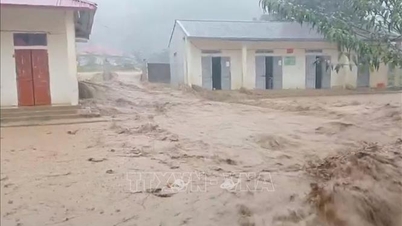
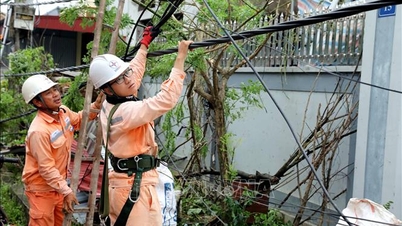























































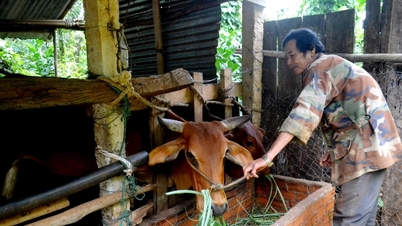















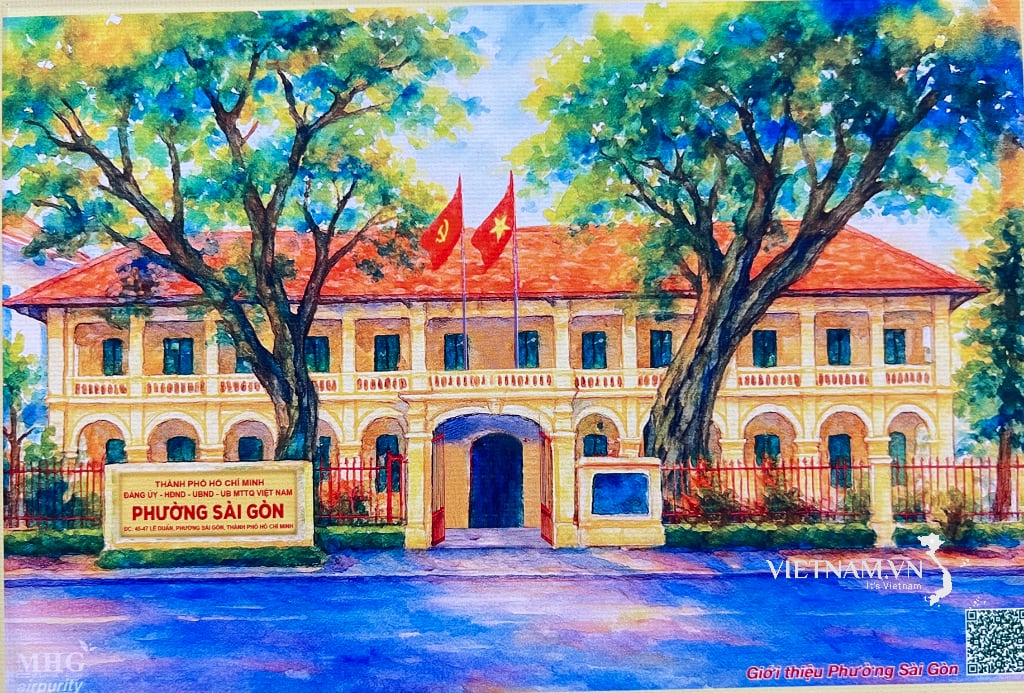
Comment (0)